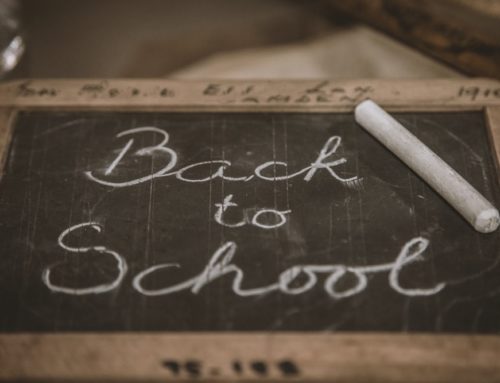Let’s talk about it because no one else is. We all know it’s happening; many of us have known someone who has completed suicide or has had suicidal thoughts. But have you ever openly discussed suicide and why people struggle with suicidal thoughts? September is National Suicide Prevention Awareness Month, a time to share resources and stories to shed light on this highly stigmatized topic. Maybe suicide hasn’t directly affected you, but you can still raise awareness of the issue—not only in September but in your everyday life.
So, why isn’t anyone talking about it? Most likely it’s because of the stigma around suicide. Some say if someone is thinking about suicide then they’re “being dramatic,” “too sensitive,” or “just an attention seeker.” Some say, “It’s not that big of a deal.” Regardless of what is causing emotional or physical distress, having suicidal thoughts is still painful and to be able to ask for help is the strongest first step that a person can take.
Now, what can we do to help that person get through their pain? This question brings us to why suicide prevention month is important: Because it gives us the chance to empower the community by giving them tools and resources to better assist those who need it.
Knowing how to offer support to someone can save lives.
This month gives us the opportunity to present effective ways to promote suicide prevention in your community. SafeTalk suicide-alert helpers can be identified with a simple sticker that can be found on any of their personal belongings. These trained helpers can take action when needed by safely connecting someone with thoughts of suicide to lifesaving intervention resources. Touchstone has trained over 180 of its clinical staff to be SafeTalk Suicide-Alert Helpers in Maricopa County. If you would like to be trained in suicide first aid, you can find a training near you at LivingWorks or by calling 1-888-733-5484. Another great resource is the National Suicide Prevention Lifeline (1-800-273-8255), which you can call if someone you know is in suicidal crisis or in emotional distress. Each of us has an important role to play and it is important that we be aware of those who seem to be struggling and listen when they need help. Become informed.
Learn more about warning signs here: https://suicidepreventionlifeline.org/how-we-can-all-prevent-suicide/.
Knowing the warning signs of suicide, getting help, and being supportive are all ways that you can make a difference in someone’s life.
“Why worry if it doesn’t affect me?” you may ask. The answer is simple. You will never know if and when suicide will affect your life, whether directly or through someone close to you. Suicides are undoubtedly preventable and it is up to everyone to get involved, raise awareness and connect individuals with suicidal thoughts to the appropriate services. With the help of everyone, we can create supportive environments that will promote health and empower individuals, families, and communities.









